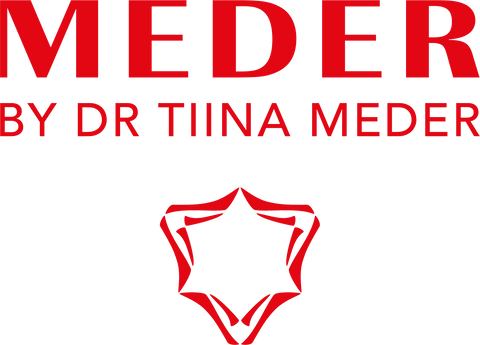Siliphos — Collagen Boosting Retinol Alternative
Derived from a milk thistle flower, it acts similarly to Bakuchiol, boosting collagen synthesis and preventing its destruction by enzymes. Helps to improve the elasticity of skin and prevent appearance of fine lines and wrinkles.
Vit-A-Like — Retinol Alternative for Skin Renewal
Active substance of this alternative that can be used in a serum or a cream is derived from moth beans. It is able to stimulate the renewal of skin and speed up the differentiation of epidermis cells, so it is a great alternative for an improvement of skin texture.
It is especially recommended for skin care addressing sun-damaged skin, post-acne scars, or hyperkeratosis. The benefits include boosting collagen synthesis, helping to strengthen skin, and diminishing age-related changes in texture.
Nephoria — Retinol Alternative to Slow down Skin Ageing
Derived from Rambutan fruits and combined with a Maltodextrine, it boosts synthesis of collagen and elastin, simultaneously suppressing its destruction in the skin. Prevents and visually diminish age-related changes in skin and helps to maintain its elasticity.
Halorubin — Antioxidant Retinol Alternative
The natural precursor of retinoids, acting as an antioxidant pro-vitamin. It is a biotechnological ingredient synthesized by Haloarchaea microorganisms and is able to protect skin from ultraviolet damage and free radicals, preventing premature skin aging and dark spots.
Retinaturel — Retinol Alternative for Aging Prevention
Retinal, a natural precursor of retinoic acid, is a biotechnological ingredient synthesized by microorganism Halobacterium salinarum. This retinol alternative boosts collagen synthesis, helping improve skin elasticity and prevent wrinkle formation. It may be used in combination with Halorubin.
Novoretin — Pore Reducing Retinol Alternative
One of the most innovative ingredients derived from Mastic gum. Its structure has nothing in common with retinoids, but it is able to inhibit the destruction of natural retinoic acid, increasing its level in the skin. Impressively pore-reducing and increasing skin's elasticity and moisture levels, it can be used in skin care, addressing mature skin with enlarged pores.
What Should We Call a Retinol Alternative?
Technically, the term "retinol alternatives" defines substances similar to it or its derivatives’ structure, mimicking its effects. Also, it can be used to describe ingredients that are able to increase or support the level of natural retinoic acid in the skin, promoting its activity.
However, many other innovative ingredients can be as efficient as retinoids as well as gentle in formulations addressing mature skin, wrinkles, pigmentation, or other age-related skin changes.
Remodeling peptides such as Matrixyl-3000 or Rigine show more effects boosting collagen or elastin synthesis in mature skin. Epidermal Growth Factor (EGF) is highly efficient in improving skin renewal and regeneration. Apple and some other plant stem cells' anti-aging properties are not less prominent than retinol, and they help to improve skin resilience to sun rays and even minimize ultraviolet-induced damage.
Cysteamine, tranexamic acid, hyaluronic acid, glycolic acid, polyhydroxy acid and new brightening peptides show similar or higher efficiency in skin brightening and skin renewal without the potential risk of skin sensitization. It makes them safe to use in the summer, with no need to avoid outdoor activities during the day, as regular sunscreens are efficient enough to protect skin during active pigmentation treatment from environmental aggressors like sun rays.
Most importantly, all of these ingredients are safe and inclusive and can be used by all people, with no exception for age, gender, fertility status, or skin type. So, you see, there is more than one alternative, and the future will surely bring us more good news - stay tuned!
Meder Retinol Alternative Products
We never used Retinol or any of its derivatives in Meder skincare because inclusivity and safety of all our products for pregnant and breastfeeding women are our core values since the first days of the brand's existence.
Our founder, Dr. Tiina Meder, has been an advocate and enthusiast of retinol alternative treatments since the beginning of her career more than 25 years ago, so we've been one of the first brands using Avocutine and Maclura bioflavonoids in acne-prone skin treatment, as well as pioneering peptides, stem cells, and growth factors, used in skin care.
You can find best retinol alternatives in Eu-Seb concentrate, Equa-Derm cream formula for oily skin, and Eu-Skin anti-acne cream, as well as in Arma-Lift collection addressing mature skin and the newest Lumino-Derm brightening collection designed to fight pigmentation.










